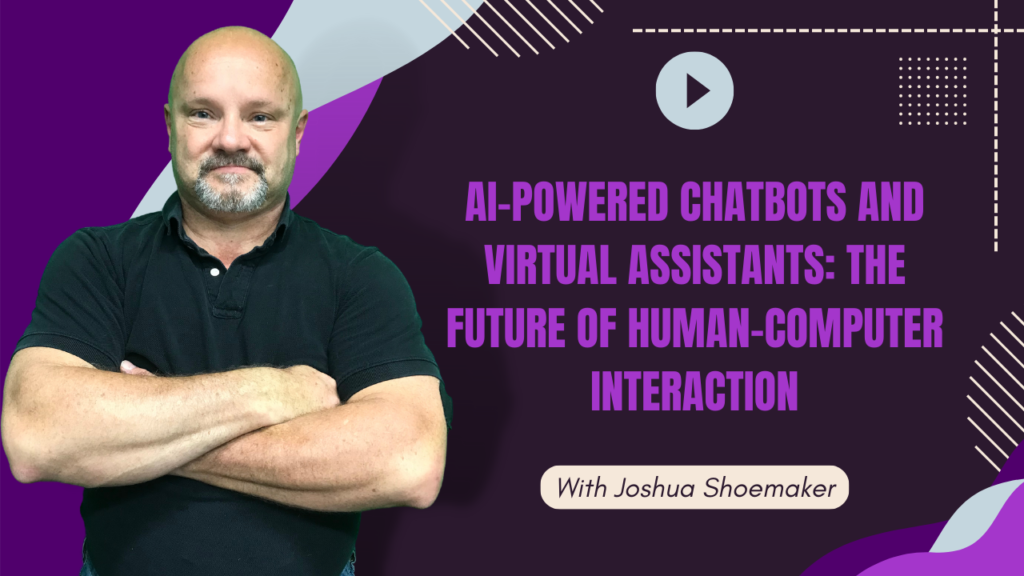
In the realm of technology, artificial intelligence (AI) has emerged as a transformative force, revolutionizing various aspects of our lives. One of the most notable advancements in AI is the development of chatbots and virtual assistants (VAs), which have become ubiquitous in our daily interactions with technology. These intelligent tools are capable of engaging in natural language conversations, providing real-time assistance, and automating tasks, making them indispensable companions for individuals and businesses alike.
Understanding the Distinction between Chatbots and Virtual Assistants
While often used interchangeably, chatbots and virtual assistants have distinct characteristics. Chatbots are primarily designed to handle specific tasks or provide information within a limited domain. They are often rule-based, relying on predefined responses and workflows to interact with users. Virtual assistants, on the other hand, are more versatile and intelligent. They can access and process information from various sources, adapt to different contexts, and learn from interactions, making them more capable of handling complex tasks and providing personalized experiences.
The Rise of AI-Powered Chatbots and Virtual Assistants
The proliferation of AI-powered chatbots and VAs can be attributed to several factors. Firstly, advancements in natural language processing (NLP) have enabled these tools to understand and respond to human language with increasing accuracy and nuance. Secondly, the rise of cloud computing has provided the infrastructure and scalability needed to support these AI-powered systems. Thirdly, the growing demand for convenient and personalized user experiences has fueled the adoption of chatbots and VAs across various industries.
Applications of AI-Powered Chatbots and Virtual Assistants
The applications of AI-powered chatbots and VAs are vast and diverse, spanning across various industries and sectors. Here are some notable examples:
- Customer Service: Chatbots and VAs are revolutionizing customer service by providing 24/7 support, answering frequently asked questions, resolving common issues, and guiding customers through complex processes.
- Marketing and Sales: Chatbots are used for lead generation, product promotion, and personalized marketing campaigns. They can engage with potential customers, answer their questions, and provide product recommendations.
- Education and Training: Virtual assistants are used to deliver personalized learning experiences, providing adaptive instruction, answering student queries, and offering feedback.
- Healthcare: Chatbots can assist patients with scheduling appointments, answering medical questions, and providing health information.
- Productivity and Automation: Virtual assistants are used to manage calendars, schedule meetings, set reminders, and automate routine tasks, freeing up time for more strategic activities.
Benefits of AI-Powered Chatbots and Virtual Assistants
The adoption of AI-powered chatbots and VAs offers a multitude of benefits, including:
- Improved Customer Satisfaction: Chatbots and VAs provide prompt and efficient customer support, leading to increased satisfaction and loyalty.
- Reduced Costs: Automating tasks and streamlining processes can significantly reduce operational costs for businesses.
- Increased Scalability: AI-powered chatbots and VAs can handle a high volume of interactions simultaneously, enabling businesses to scale their operations without compromising on quality.
- Enhanced Personalization: Virtual assistants can personalize interactions based on user preferences, providing a more tailored and relevant experience.
- 24/7 Availability: Chatbots and VAs offer round-the-clock support, ensuring that customers can access assistance whenever they need it.
Challenges and Considerations
Despite the numerous benefits, there are also challenges associated with the use of AI-powered chatbots and VAs:
- Natural Language Understanding: While NLP has improved significantly, chatbots and VAs can still misinterpret complex or ambiguous language, leading to misunderstandings.
- Emotional Intelligence: AI systems may struggle to handle emotionally charged or sensitive situations, requiring human intervention in some cases.
- Privacy and Security: Concerns about data privacy and security are paramount when collecting and storing user information.
- Ethical Considerations: The development and use of AI-powered chatbots and VAs raise ethical concerns regarding bias, transparency, and accountability.
The Future of AI-Powered Chatbots and Virtual Assistants
As AI continues to evolve, chatbots and VAs are poised to become even more sophisticated and integrated into our lives. They will learn from interactions, adapt to new situations, and become increasingly personalized and proactive. The future of human-computer interaction will be shaped by these intelligent tools, transforming how we communicate, learn, work, and interact with the world around us.
